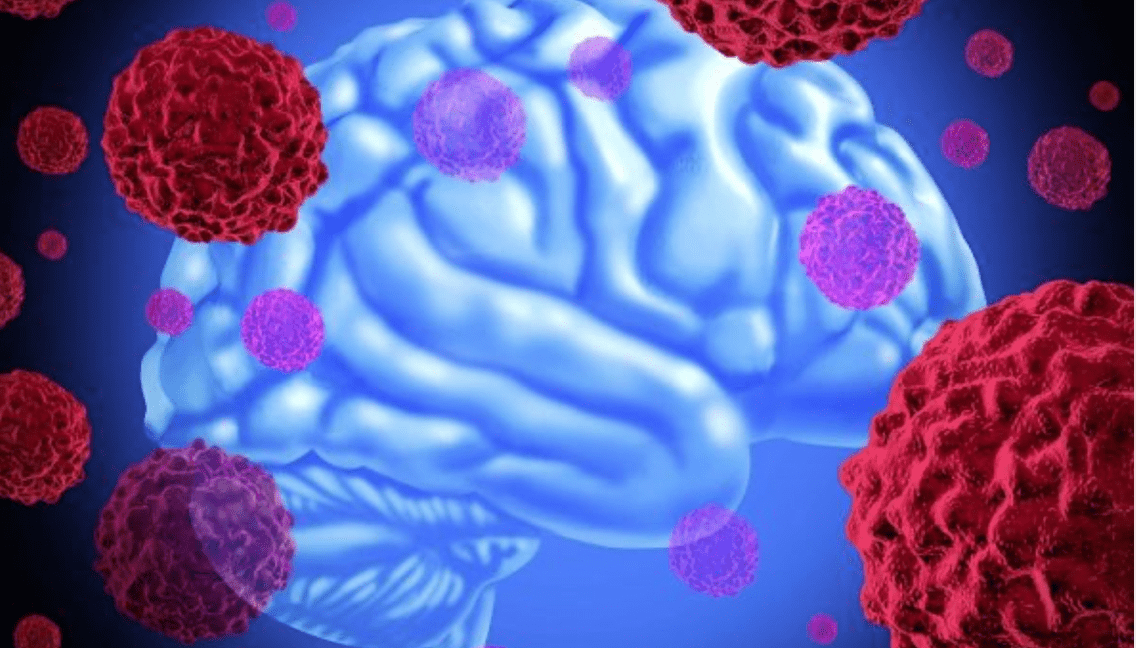-
 News
When glucose levels are low, chemotherapy ceases to affect cancer cells
News
When glucose levels are low, chemotherapy ceases to affect cancer cells
-
 News
Excessive treatment of prostate cancer in older men may reduce quality of life without increasing its duration
News
Excessive treatment of prostate cancer in older men may reduce quality of life without increasing its duration
-
 News
Brain cancer can be cured by viruses
News
Brain cancer can be cured by viruses
-
 News
Ways to reduce lymphatic pain in breast cancer have been found
News
Ways to reduce lymphatic pain in breast cancer have been found
-
 News
Scientists have turned bacteria into a powerful weapon against cancer
News
Scientists have turned bacteria into a powerful weapon against cancer
All news
Carcinomatosis treatment
Carcinomatosis is a consequence of the spread of malignant cells from ovarian, intestinal, lung and other tumors. Carcinomatosis may be a complication in melanoma or mesothelioma.
Modern treatment involves the partial removal of secondary foci of metastasis, the use of targeting therapy and hyperthermal chemotherapy (HIPEC).
Prescribed treatment for carcinomatosis improves the general condition of the patient, improves quality and longevity.
MedTour patients recommend clinics for the treatment of carcinomatous:
Doctors for the treatment of carcinomatosis
Patient reviews
Good!
I want to share my experience with Liv Hospital, where I had a prostate removal surgery due to cancer. From the very beginning, everything was well-organized – the staff helped me with all arrangements, and the doctor explained everything in detail. The hospital itself is very modern and clean, which made me feel more comfortable.
The surgery went well, and I was surprised how fast I started recovering. Now, a few months later, I feel much better and my tests show good results. I’m really grateful to the doctors and nurses at Liv Hospital for their professionalism and care. If anyone is looking for high-quality prostate cancer treatment, I can definitely recommend this place.
Frequently Asked Questions
By carcinomatosis we mean the multiple spread of the tumor beyond the primary focus. In this case, cancer cells affect the serous membranes (pleura, peritoneum), as well as parenchymatous organs.
Highlight such forms:
- Carcinomatosis of the brain membranes;
- Peritoneal carcinomatosis;
- Pulmonary lymphangiac carcinomatosis.
Carcinomatosis develops due to the intense growth and decay of a primary tumor, which can be found in any area of the human body. Cancerous cells spread with lymph flow and blood flow through the vessels.
The localization of the tumor, its size and morphological structure affect the development of carcinomatosis.
- Chemotherapy;
- Radiation Therapy;
- Surgical treatment;
- Chemioembolism.
Leptomeningeal carcinomatosis occurs when tumor cells pass through cerebrospinal fluid. This occurs because of the direct spread of the tumor or through the bloodstream. Cerebral carcinomasis can be caused by any cancer, but is more often detected in adenocarcinoma. Breast cancer is the most common cause.
Symptoms
Patients’ complaints under this form of carcinomatosis are variable and often unspecific, which may complicate the diagnosis at an early stage. You may experience headaches and some confusion, as well as nausea and dizziness. Cranial nerve pares may develop.
Diagnostics
If neurological symptoms appear, patients who are treated for cancer should immediately tell their attending doctor. Diagnosis of leptomeningial carcinomatosis consists of such stages:
- Neurological examination and thorough collection of anamnesis.
- A cytological examination of cerebrospinal fluid.
- MRI of the brain and/or spinal cord.
This form affects the peripheral lymph nodes of the pleura and mediastinum, as well as the central lymph nodes and chest vessels.
Causes
Most often it develops due to multiple spread of such tumors:
- Breast cancer (the most frequent cause);
- Lung cancer;
- Stomach cancer;
- Prostate cancer;
- Cervical cancer;
- Thyroid cancer;
Symptoms
Lymphangiac carcinomatosis often occurs asymptomatically in its early stages. Some patients may experience dyspnea and pathological changes from spirometry even before the X-ray.
Diagnosis
In the presence of basic cancer, the patient may have symptoms related to breathing and lung function. After collecting anamnesis and examination, the doctor may prescribe such instrumental methods:
- High resolution computed tomography;
- PET-CT (Positron Emission Computed Tomography);
The abdomen is a certain shell that covers the abdominal cavity and internal organs. Normally, there is a small amount of fluid in the abdominal cavity, which circulates under the influence of intestinal peristalsis and diaphragm movements. This determines the way cancer cells spread across the peritoneum.
Causes
In most cases, peritoneal carcinomatosis develops due to ovarian and colorectal cancer, as well as other tumors in the abdomen:
- Pancreatic cancer;
- Stomach cancer;
- Hepatocellular carcinoma;
- Endometrial cancer;
- Gallbladder carcinoma;
- Cervical cancer.
Peritoneal tumors such as lung cancer, melanoma, breast cancer may cause peritoneal carcinomasis due to the spread of malignant cells with blood flow.
Symptoms
Appearances can be different. Often patients complain of abdominal pain, nausea, ascites, bowel obstruction.
Main principles of carcinomatosis management abroad
Canceromatosis can be caused by tumors of different localization and morphological structure. This means that treatment approaches differ significantly depending on the primary oncological process.
In most cases, the treatment of carcinomatosis is palliative, i.e. supportive. It is impossible to fully cure carcinomatosis, but it is possible to significantly improve the general condition of the patient and increase life expectancy.
Embolization
Experience in treating neuroendocrine tumors, liver cancer and colon cancer has shown good results in the use of transcatheter arterial chemoembolism. In this case, the chemopreparation covers the lumen of the blood vessel, which feeds the tumor.
An alternative option for the procedure may be radio embolization, which implies the use of a radiopharmaceutical as a «vascular plug». Doctors in foreign clinics are increasingly paying attention to the embolization method in the treatment of metastatic lesions of organs and tissues, including the treatment of carcinomatosis.
Hyperthermic intra-abdominal chemotherapy (HIPEC)
If the peritoneum is affected by cancer cells, intravenous chemotherapy is not so effective, because the drugs do not achieve their purpose in the required amount.
In modern medical centers, doctors resort to partial removal of the peritoneum with subsequent injection of preheated chemotherapy drugs into the abdomen. This technique helps doctors to remove areas of the tumor, which can not be removed surgically. Heating the drug promotes deeper penetration into tissues and increases the healing effect.
Radiation Therapy
The prescription of radiation therapy in the treatment of carcinomatosis contributes to the overall improvement of the patient. Radiation reduces the size of tumors. This reduces pain and specific symptoms such as intestinal obstruction, symptoms of spinal cord compression.
Published:
Updated:


Information on this webpage verified by the medical expert









Does Ralf buhl also remove brain lipomas?